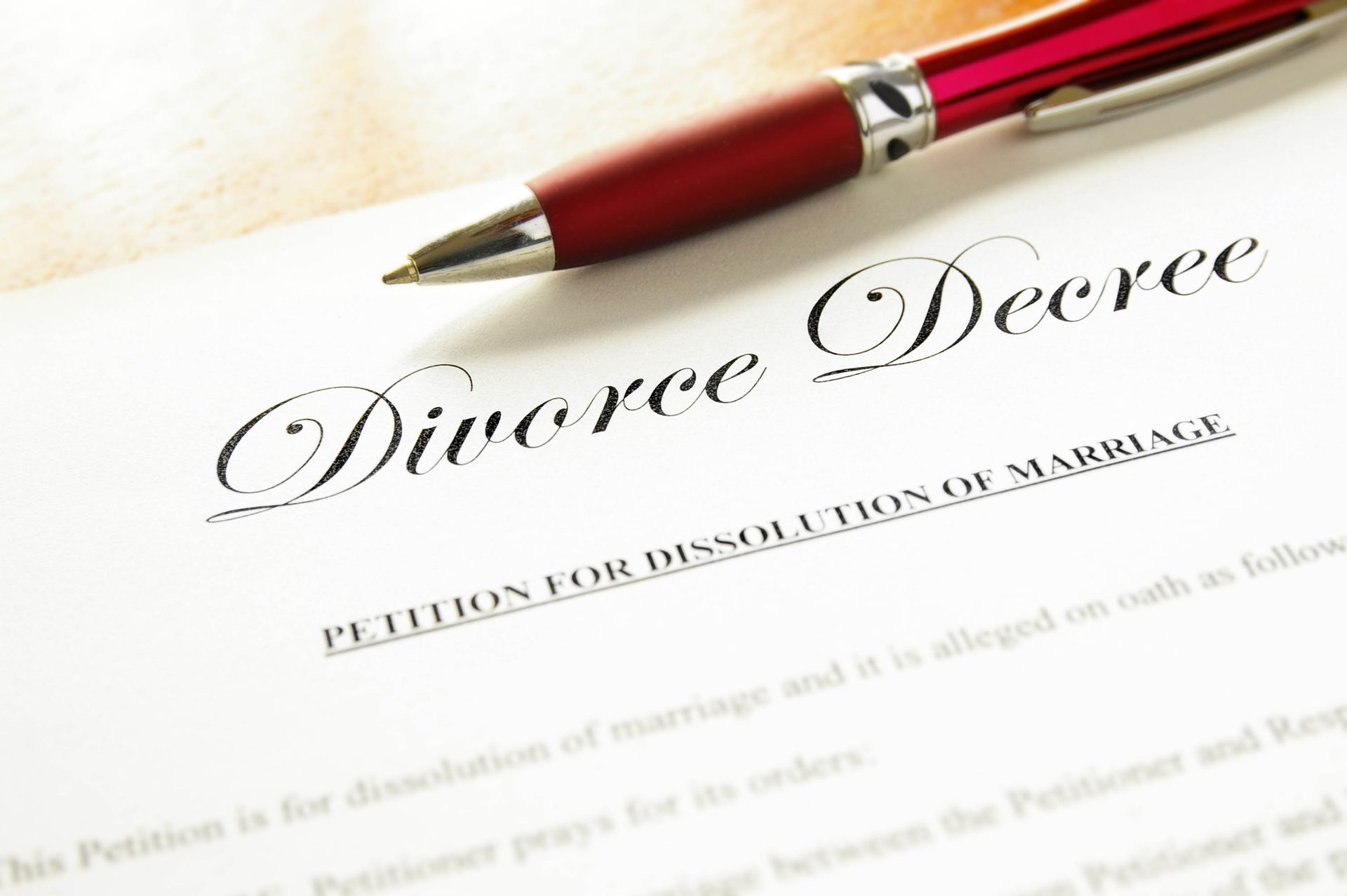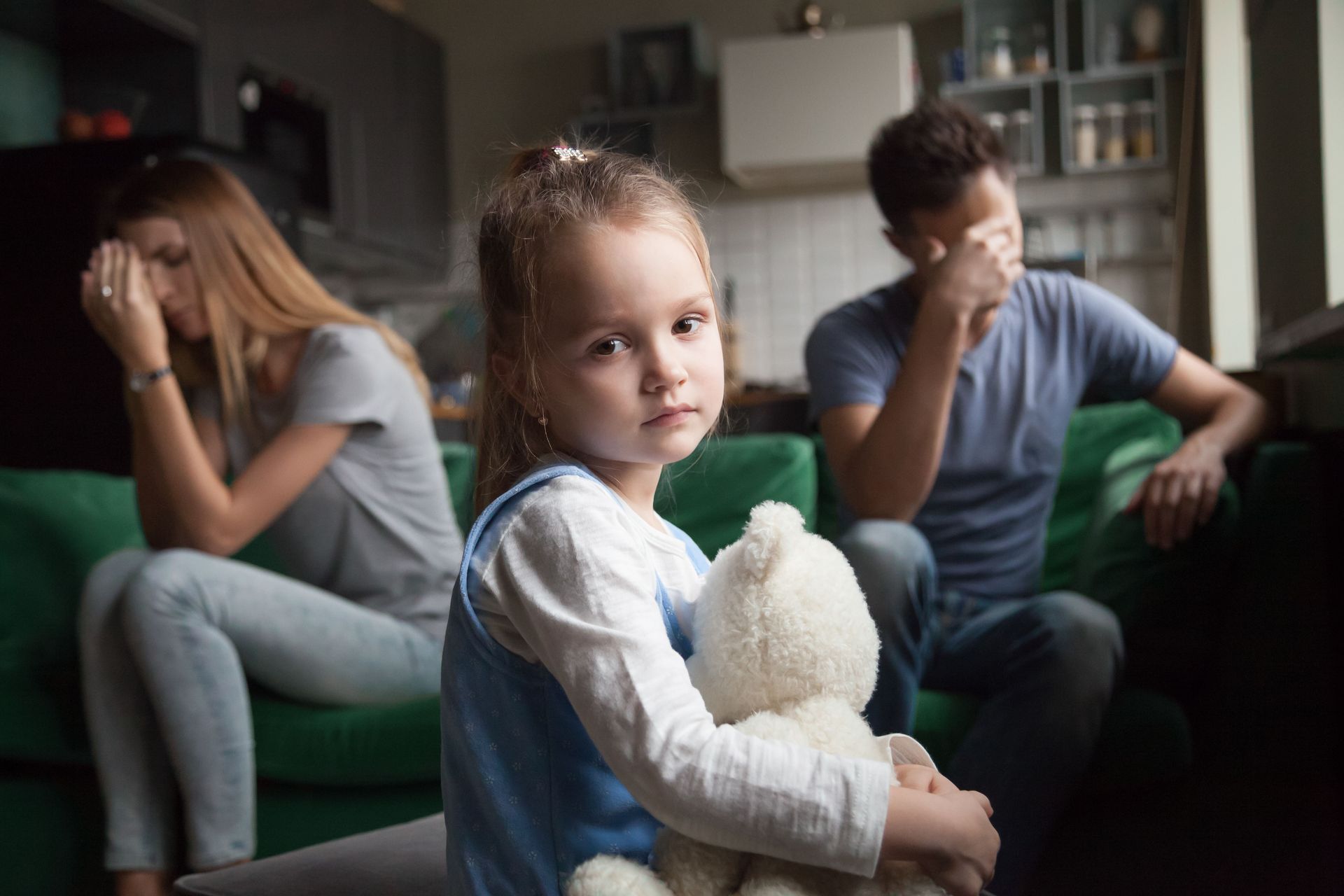Keeping Your Child Safe, When Texting Goes Wrong
When “Texting” Goes Wrong

For a while, the dilemma has been brewing in the justice system. Under the technical definition of the pornography statutes, many gratuitous texts shared between no-so-innocent teens were legally subjecting them to potential adult felony crimes for transmission of child pornography. For adults, who should know better it is understandable to come down hard on such behavior. But for minor children communicating between themselves, the penalties may ultimately produce disproportionately harsh results.
Employing the same rationale for the Romeo and Juliet exceptions, the Florida Legislature enacted Florida Statute 847.0141 defining sexting as separate from the transmission of child pornography. It goes like this:
“A minor commits the offense of sexting if he or she knowingly:
Uses a computer, or any other device capable of electronic data transmission or distribution, to transmit or distribute to another minor any photograph or video of any person which depicts nudity, as defined in s. 847.001(9), and is harmful to minors….”
Florida law is keeping up with the trending law in the Nation which provides a deterrent against the over-sharing of lewd or lurid imagery while removing the potential indelible stain on the public records of first-time offending minors who have grown up in an environment where sexual revelation is not as taboo as it once was in our society.
The penalties are cumulative. The first time a minor is caught committing the offense of sexting, they will be subject to a non-criminal citation to appear in juvenile court. The minor can avoid the court appearance by either doing 8 hours of community service within 30 days and paying a $60, fine or participating in a cyber-safety program if it is available in their area.
The second time would be a 1st degree misdemeanor, and the third offense would be a felony like the adult version.
If the minor is in possession of the obscene images but did not solicit the images, did not transmit or distribute the images, or took reasonable steps to report the images to their legal guardian or school official, they are exempted from the offense.
As parents, we are often tasked with the duty of protecting our children; sometimes from themselves. It would be wise to have this discussion and warn your child(ren) about these changes to the law. If they understand that there are penalties, it may very well help some teenagers avoid the sticky stigma associated with being charged with these sex-related offenses.
Marc Dwyer is a Partner at the Dwyer & Knight Law Firm and a specialist in Marital and Family Law.











Share On: